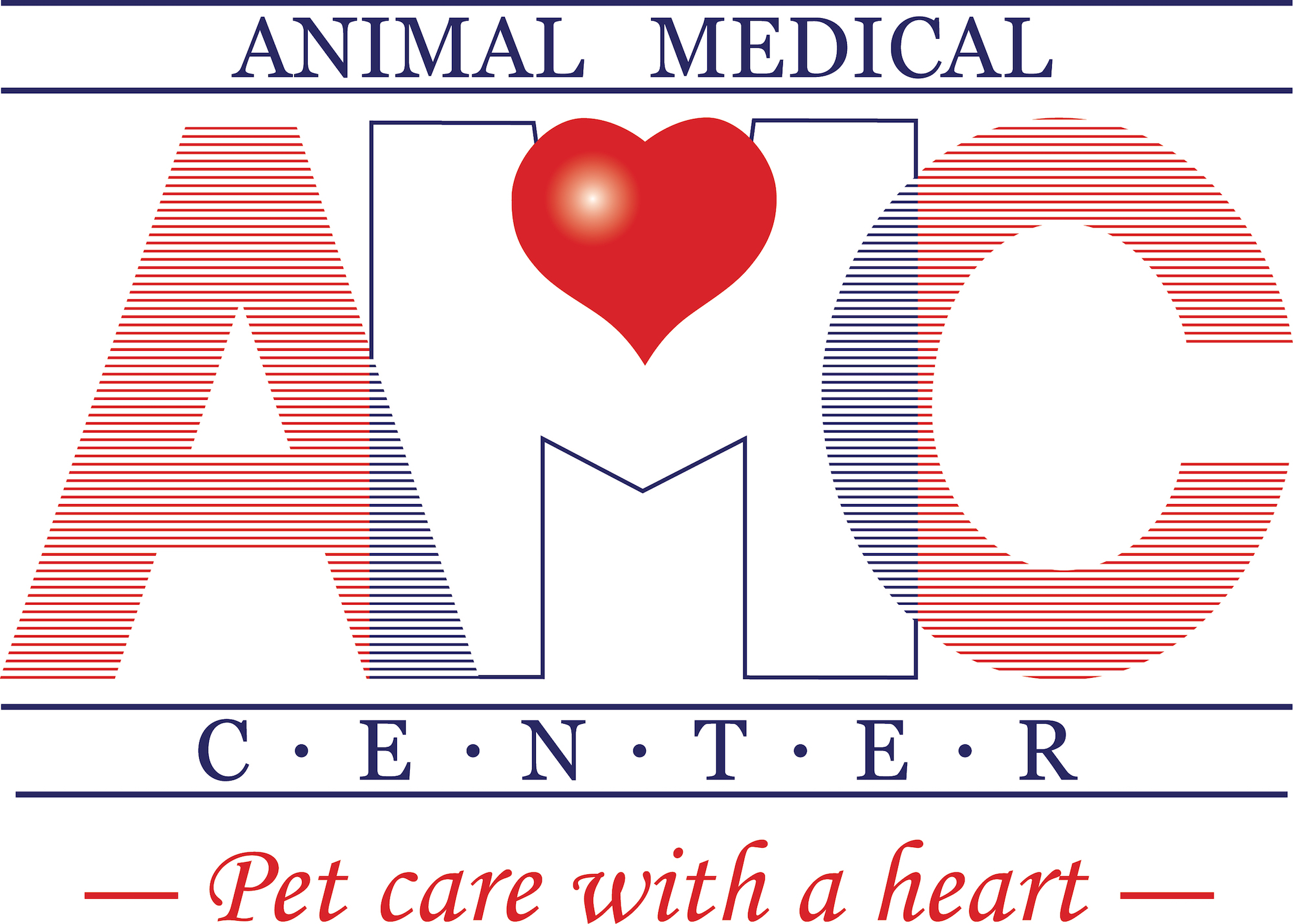Library
-
Pericardial effusion refers to the abnormal accumulation of fluid in the sac surrounding the heart. Pericardial effusion can have a number of underlying causes, including inflammation, infection, cancer, and hereditary defects. Mild cases of pericardial effusion may be asymptomatic, but more significant fluid accumulations can interfere with the heart’s function and lead to severe effects such as sudden death. Treatment and prognosis is dependent upon the underlying cause of the condition.
-
A perineal hernia is a protrusion of tissue through the muscle of the perineum. Potential causes, clinical signs, and treatment are explained. The prognosis ranges from good to poor, depending on the ability to perform surgery and the pet's response to surgery. Perineal hernias have the potential to be life-threatening.
-
Pet health insurance policies are primarily designed to cover accidents and illnesses. Pet insurance policies do not cover pre-existing conditions, and some have bilateral exclusions, meaning for example, if one knee has required ligament surgery, the other knee is automatically excluded for the same condition. Synthesized information about coverage and exclusions can be found on aggregator sites, such as PetInsuranceInfo (petinsuranceinfo.com). The factors that affect premiums include age, species, breed, the region you live, deductible amounts, co-insurance, and in some cases annual payout limits. Generally, it is less expensive to insure your pet when it is young and healthy, rather than waiting until it is older and more prone to illness. Educate yourself to understand the terms and conditions of the pet insurance you buy for your pet.
-
Monitoring your pet is important to his health. This handout discusses the use of trackers and apps to monitor your dog's activity level and overall mental and physical health.
-
Pharyngostomy tubes are placed through the skin of the neck behind the jaw through the pharynx, into the esophagus to enable ongoing nutrition in dogs that either refuse to eat or are unable to chew and swallow food. A diet will be recommended by your veterinarian but must be liquefied with water before it can pass through the tube. Step-by-step instructions are given for tube feeding. The decision to remove the tube needs to be determined by your veterinarian.
-
Pigmentary keratitis is a discoloration of the cornea due to chronic inflammation and is most common in brachycephalic breeds. In many cases, complete resolution cannot be achieved, but the condition can be stopped or slowed down if the underlying cause can be identified and treated. Surgery and medications may be used to help address the problem.
-
Pituitary macroadenomas are large tumors of the pituitary gland that are either functional (secrete hormones) or non-functional (do not secrete hormones). The most common functional pituitary macroadenoma in the dog secretes the hormone ACTH, causing increased cortisol levels and Cushing’s disease. Non-functional macroadenomas cause clinical signs through compression of nearby structures resulting in vision changes, diabetes insipidus, and neurologic disorders. This handout explains the effects of these tumors on dogs, how they are diagnosed, and the treatment options available.
-
Plasma cell tumors develop as a result of dysregulated production of plasma cells and are relatively uncommon in dogs and cats. Some plasma cell tumors are benign and the most common locations for these tumors are the head, feet, lips, mouth, and ears. The treatment of choice for benign plasma cell tumors is surgical removal, with little to no recurrence if completely excised. Conversely, multiple myeloma is a very malignant cancer that is usually treated with chemotherapy.
-
Pregnancy in dogs can be diagnosed several different ways including blood tests, radiographs and ultrasound. The benefits and limitations of each test are discussed. Ultrasound is the gold standard for pregnancy detection and assessing viability.
-
Winter cold weather poses several risks for our pets. This article outlines some of the key risks and how to avoid them, to keep your pet safe year-round.

